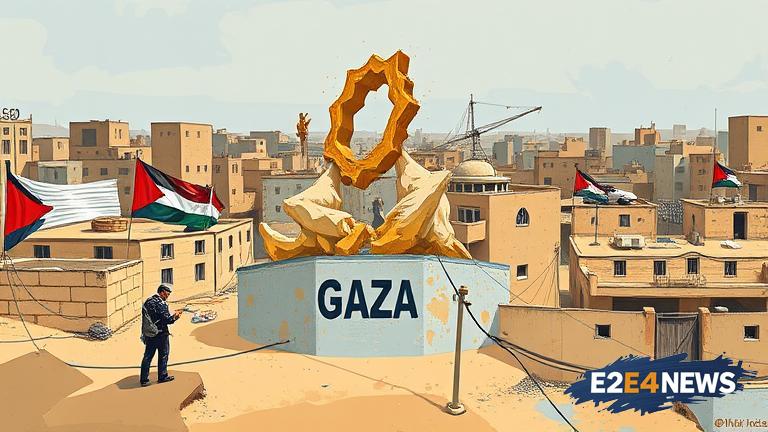The European Union has successfully mediated a deal to alleviate the worsening humanitarian situation in Gaza, where residents have been facing extreme difficulties due to a lack of basic necessities like food and fuel. This agreement comes as a significant development in the efforts to stabilize the region and improve living conditions for the local population. The deal ensures the provision of essential supplies, including food and fuel, to the Gaza Strip, which has been under a strict blockade for many years. The blockade, imposed by neighboring countries, has severely impacted the economy and the daily lives of Gaza’s residents, leading to widespread poverty and unemployment. The European Union’s intervention has been welcomed by various international organizations and governments, who see it as a crucial step towards resolving the long-standing conflict in the region. The agreement outlines a framework for the delivery of aid, emphasizing the importance of unimpeded access for humanitarian supplies. It also addresses the need for reconstruction and development projects in Gaza, aiming to boost the local economy and create jobs. European officials have expressed their commitment to supporting the implementation of the deal, working closely with local authorities and international partners. The success of this initiative is seen as a testament to the EU’s diplomatic efforts and its role as a key player in global conflict resolution. However, challenges remain, including the need for a lasting and comprehensive peace agreement that addresses the core issues of the conflict. The international community has called for all parties involved to work towards a two-state solution, recognizing the rights and aspirations of both Israelis and Palestinians. In the meantime, the focus remains on providing immediate relief to those affected by the crisis, with the EU’s deal being a significant step in that direction. The humanitarian situation in Gaza remains a pressing concern, with many residents still lacking access to basic services like healthcare and education. Despite these challenges, the recent agreement offers a glimmer of hope for the people of Gaza, who have endured immense hardship for many years. As the international community continues to work towards a lasting peace, the EU’s efforts to address the humanitarian crisis in Gaza serve as an important reminder of the need for collective action in the face of human suffering. The deal has also highlighted the importance of international cooperation and diplomacy in resolving complex conflicts. With the EU at the forefront of these efforts, there is renewed optimism about the potential for positive change in the region. Nevertheless, much work remains to be done to ensure that the agreement is fully implemented and that the needs of the Gaza population are adequately addressed. The European Union’s leadership in this matter has set an important precedent for future humanitarian interventions, demonstrating the power of concerted international action in the face of crisis.
